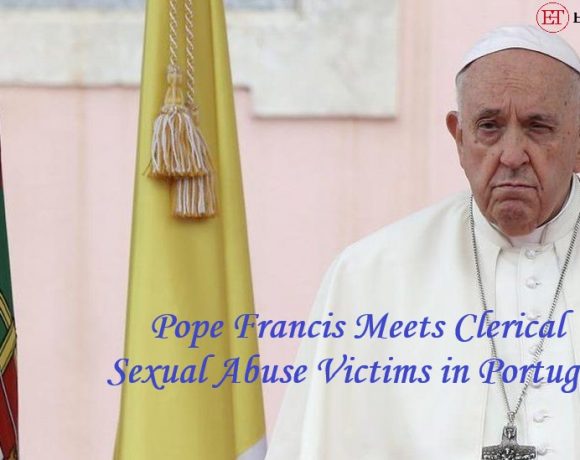
Germany’s lower house of parliament recently passed a bill legalizing cannabis for limited recreational use, despite facing opposition and warnings from medical authorities. The legislation allows adults to possess small amounts of cannabis for personal use, with strict regulations in place to prevent access by minors. The bill received significant support from 407 lawmakers, while 226 opposed it, with four abstentions. Germany now joins the ranks of Malta and Luxembourg as the third European country to legalize recreational cannabis, marking a significant shift in drug policy.
Under the new legislation, adults in Germany will be permitted to cultivate a limited number of cannabis plants for private consumption. Additionally, they will be allowed to possess specified amounts of cannabis both at home and in public spaces. Licensed not-for-profit clubs will also have the authority to distribute cannabis to adult members, further regulating its availability and distribution channels.
Health Minister Karl Lauterbach has emphasized that the primary objective of the law is to prioritize child and youth protection. Despite the legalization of cannabis for adult use, strict measures will be implemented to prevent minors from accessing the drug. Lauterbach reiterated that while cannabis consumption is being legalized, it is essential to acknowledge its potential dangers and risks.
However, the legalization of cannabis in Germany has faced opposition from various quarters, including the conservative Christian Democratic Union (CDU). Critics argue that the legislation undermines efforts to protect children and young people from the harms of drug use. CDU lawmaker Tino Sorge criticized the government, likening its actions to that of a “state drug dealer.”
Furthermore, medical authorities, such as the German Medical Associations (GMA), have expressed concerns about the potential consequences of cannabis legalization. GMA President Klaus Reinhardt warned that legalization could lead to increased consumption and trivialize the associated risks. Reinhardt emphasized the addictive nature of cannabis and its potential to cause serious developmental damage, advocating against its legalization in Germany.
Picture Courtesy: Google/images are subject to copyright


